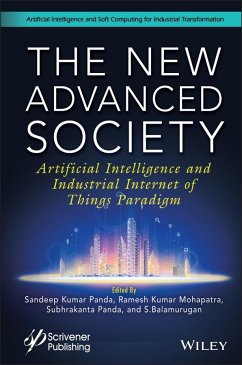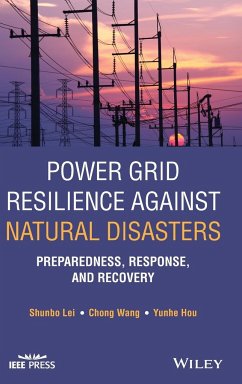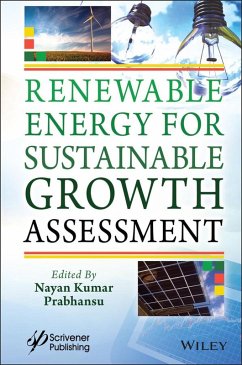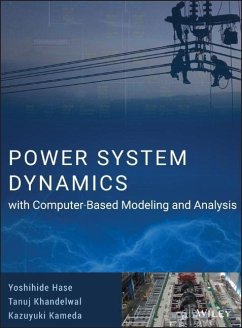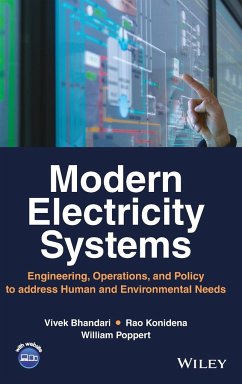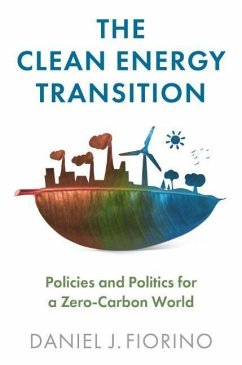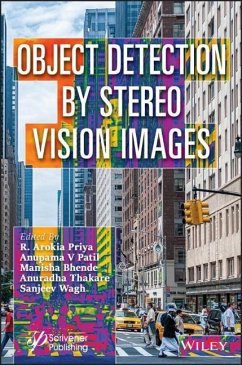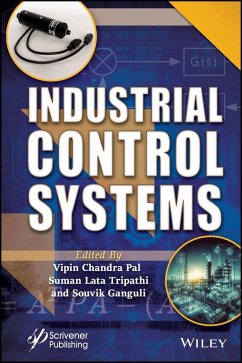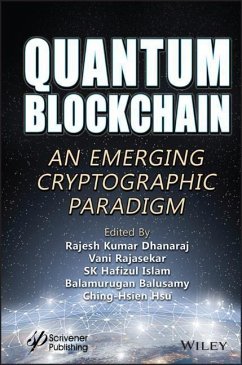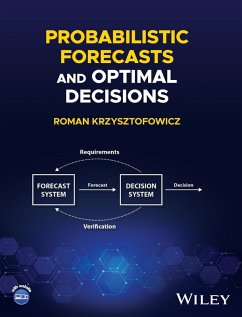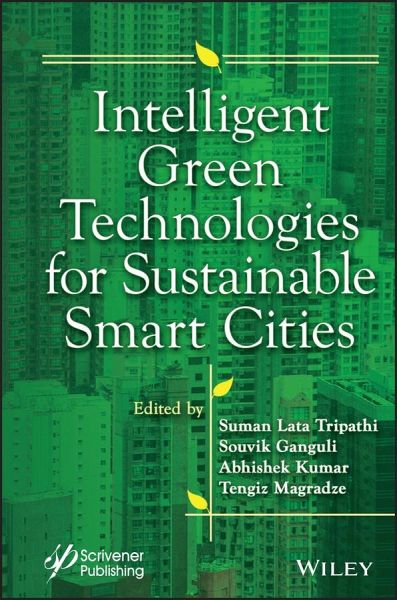
Intelligent Green Technologies for Sustainable Smart Cities
Versandkostenfrei!
Versandfertig in 2-4 Wochen
187,99 €
inkl. MwSt.
Weitere Ausgaben:

PAYBACK Punkte
94 °P sammeln!
Intelligent Green Technologies for Sustainable Smart CitiesPresenting the concepts and fundamentals of smart cities and developing "green" technologies, this volume, written and edited by a global team of experts, also goes into the practical applications that can be utilized across multiple disciplines and industries, for both the engineer and the student.Smart cities and green technologies are quickly becoming two of the most important areas of development facing today's engineers, scientists, students, and other professionals. Written by a team of experts in these fields, this outstanding n...
Intelligent Green Technologies for Sustainable Smart Cities
Presenting the concepts and fundamentals of smart cities and developing "green" technologies, this volume, written and edited by a global team of experts, also goes into the practical applications that can be utilized across multiple disciplines and industries, for both the engineer and the student.
Smart cities and green technologies are quickly becoming two of the most important areas of development facing today's engineers, scientists, students, and other professionals. Written by a team of experts in these fields, this outstanding new volume tackles the problem of detailing advances in smart city development, green technologies, and where the two areas intersect to create innovation and revolutionary solutions.
This group of hand-selected and vetted papers deals with the fundamental concepts of adapting artificial intelligence, machine learning techniques with green technologies, and many other advances in concepts related to these key areas. Including the most recent research and developments available, this book is an extraordinary source of knowledge for students, engineers seeking the latest research, and facilities and other professionals working in the area of green technologies and challenges and solutions in urban planning and smart city development.
Presenting the concepts and fundamentals of smart cities and developing "green" technologies, this volume, written and edited by a global team of experts, also goes into the practical applications that can be utilized across multiple disciplines and industries, for both the engineer and the student.
Smart cities and green technologies are quickly becoming two of the most important areas of development facing today's engineers, scientists, students, and other professionals. Written by a team of experts in these fields, this outstanding new volume tackles the problem of detailing advances in smart city development, green technologies, and where the two areas intersect to create innovation and revolutionary solutions.
This group of hand-selected and vetted papers deals with the fundamental concepts of adapting artificial intelligence, machine learning techniques with green technologies, and many other advances in concepts related to these key areas. Including the most recent research and developments available, this book is an extraordinary source of knowledge for students, engineers seeking the latest research, and facilities and other professionals working in the area of green technologies and challenges and solutions in urban planning and smart city development.




